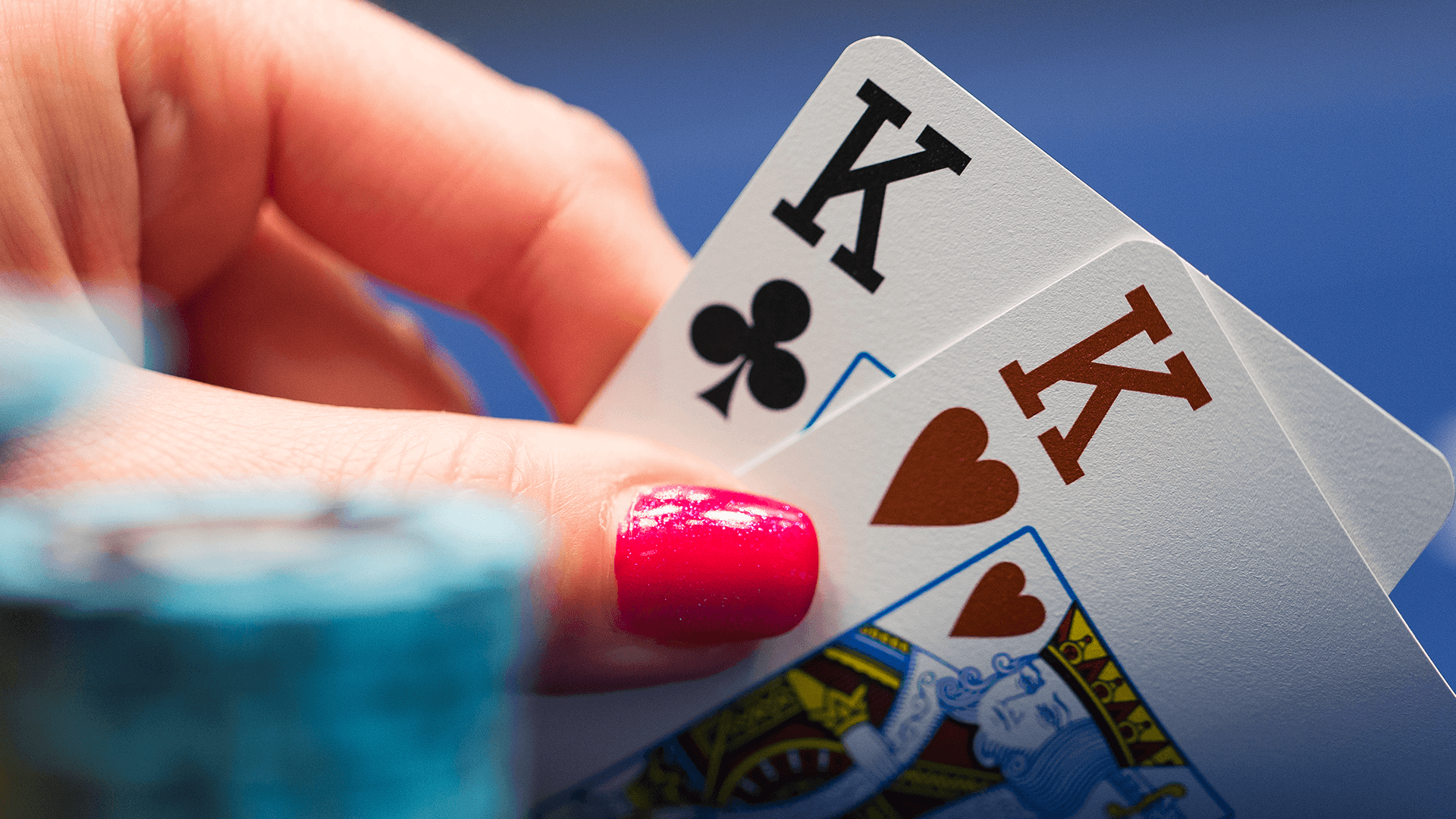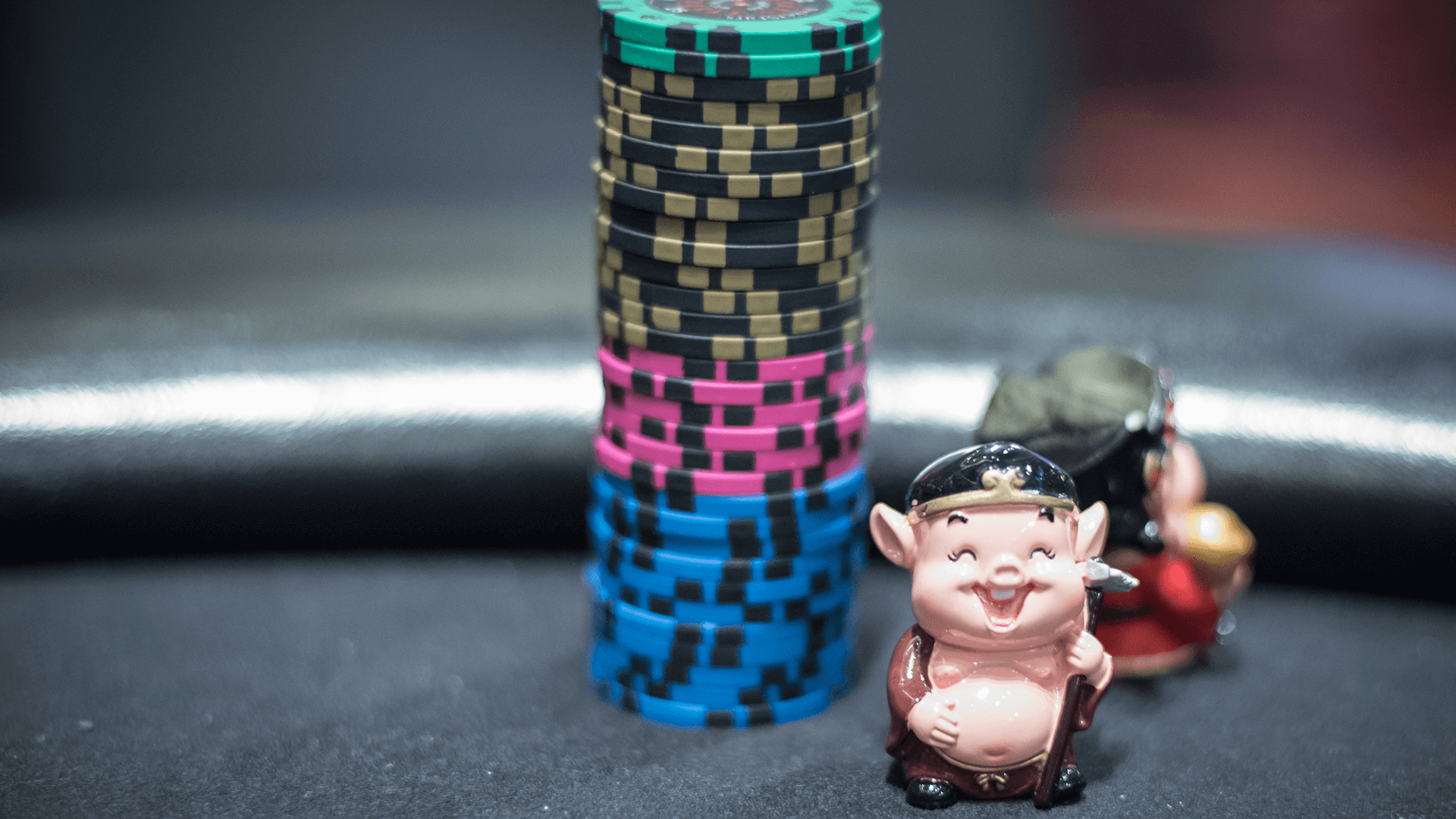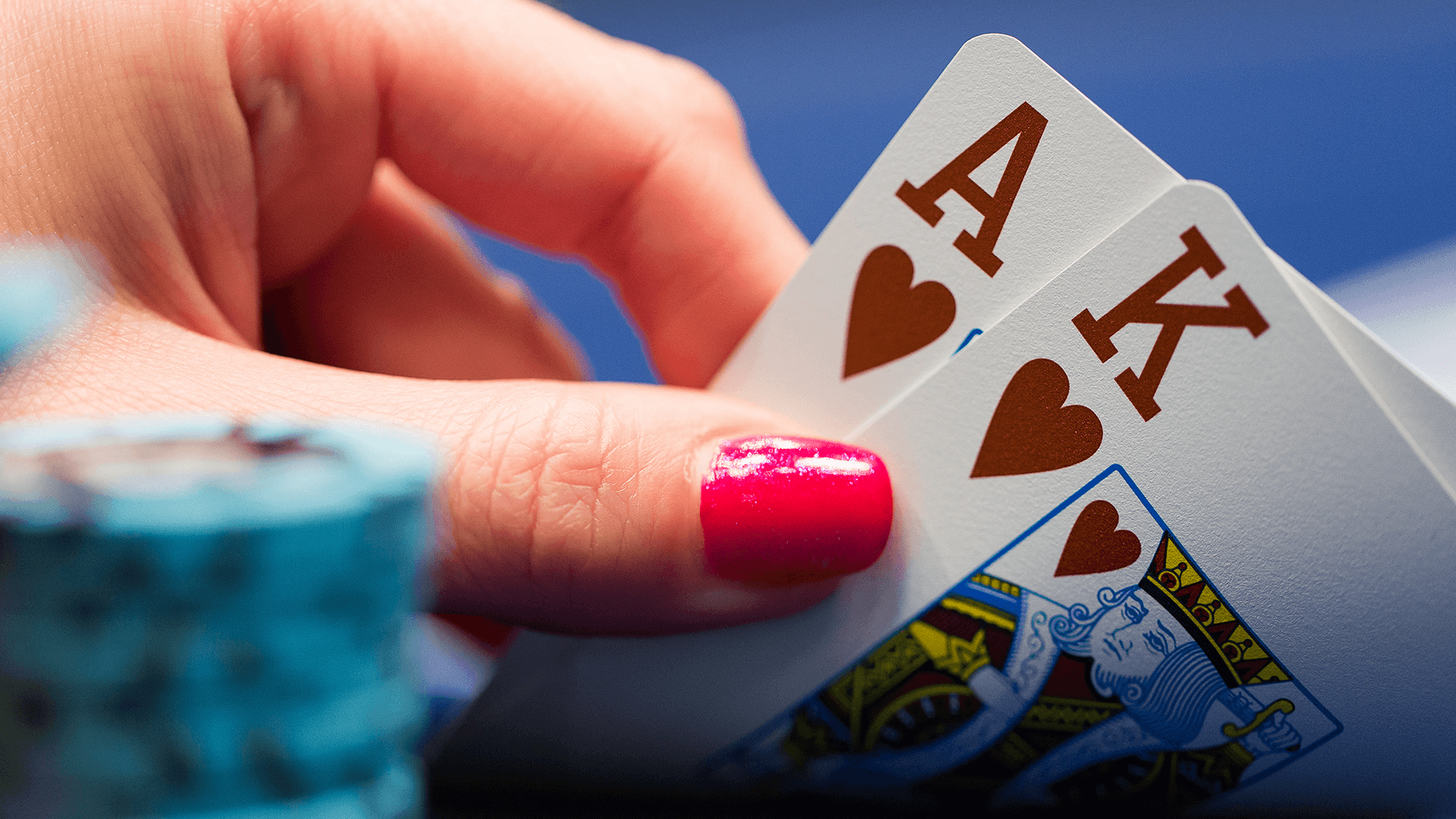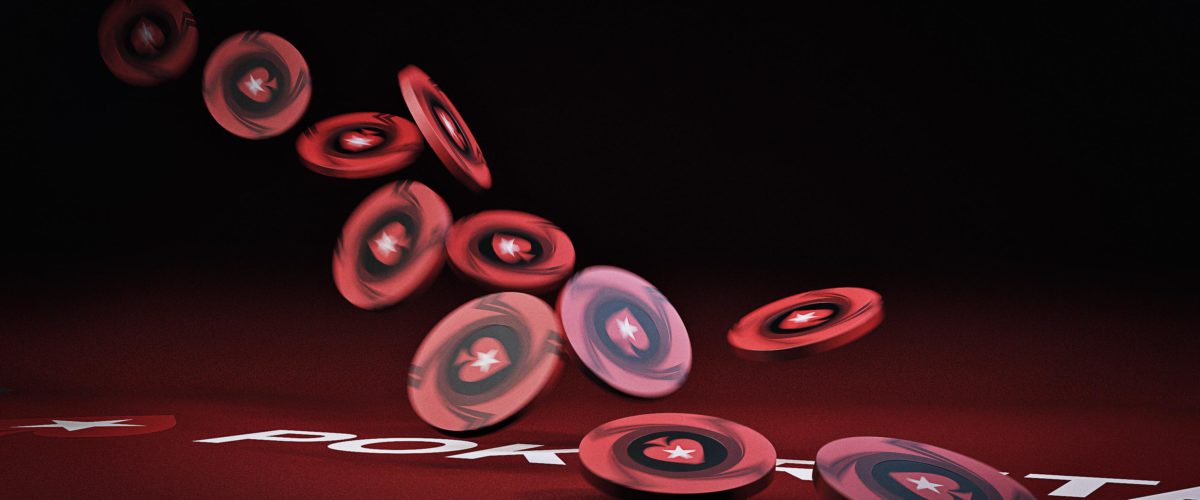Variance and Bad Beats
Many people think poker is a game of pure chance, but in fact it is a game of skill. Making the correct decisions in every situation will lead to long-term success. If you play better poker than your opponents, you will win over time. The luck factor only plays a part in the short term.
The problem is that even if you are playing correctly and making all the right moves, you can still lose if you hit a run of bad luck. The key is to learn how to handle downswings like this, and to make sure that your game is not adversely affected by factors outside of your control.
The short-term effect of luck in poker – both good and bad – is known as “variance”. Good players accept variance as part of poker, and work on reducing its influence on their own game.
The Bad Beat
A “bad beat” is the name given to an occurence in poker where a markedly worse hand beats a better one, through fortune alone. The person suffering the “bad beat” plays the hand correctly, gets their money into the pot when they were a long way ahead, but is still beaten by the turn of a card beyond the player’s control.
However many inexperienced players may claim to have been dealt a “bad beat”, when in fact they have simply been beaten by a hand that was only marginally weaker than theirs. A genuine bad beat occurs when you have a hand that is a clear favorite, and gives your opponent very little chance of catching up.

Example: A genuine bad beat
Player 1 has A♥ A♦ while Player 2 has A♣ K♥ . Both players are all in on a flop of 7♣ J♥ J♠ . At this point, Player 1 is a 98 per cent favorite to win this hand. The only way Player 2 can win this pot is if the turn and river bring a ten and a queen (to make a straight), two kings (for a full house), or the two remaining jacks (for a split pot).
If the turn is the K♣ and the river the K♠ , Player 2 wins the pot and Player 1 can legitimately claim to have suffered a bad beat.
Example: Not such a bad beat
Often what a player thinks is a bad beat is actually not so bad when the genuine odds of winning the hand are examined. For example, in the late stages of a tournament Player 1 is in the big blind holding A♥ K♣ . Player 2 is on the button and decides to go all in with 7♠ 4♠ for his last few chips after everyone else folds in front of him. Player 1 has a very good hand and makes the call. The board then runs out 3♦ 7♣ 9♥ 10♥ Q♠ and Player 2 wins the hand with a pair of sevens.
Did Player 2 really get lucky? Was it a bad beat for Player 1? Not really.
Player 1’s A♥ K♣ is a favorite against 7♥ 4♥ before the flop, but only by 60 per cent to 40 per cent. A♥ K♣ loses in four out of ten cases, based purely on mathematical law. This does not constitute a bad beat.
It is interesting to note that players often remember bad beats more than those situations where luck was on their side.
There is also a common misconception that there are more bad beats dealt online than in the live game, but this is not true. Statistically speaking, they occur at the same frequency whether you play online or in a casino, but because you can play more hands per hour online, the probability that players will experience what they perceive to be bad beats will inevitably increase.
The best way to recover after a bad beat is to remember that you will make money from your opponent in the long run if they keep making the same bad plays. Instead of getting angry, exploit their weakness for maximum profit.
The laws of probability and mathematics mean that the player who keeps putting all his chips at risk with the worse hand will lose in the long run, which actually makes that player the kind you want at your table. As the author Matthew Hilger said: “Bad beats are a good poker player’s friend.”

Downswing
A downswing describes a short period in your poker career when you are making losses despite playing correctly. The cards do not fall in your favor and you are often losing pots you were favorite to win. At times like this, it is vital to take note of the following advice:
1. Beware of Tilt
If you play correctly but still lose over a long period of time, it can easily lead to what is known as “tilt” – an emotional state that makes it impossible for you to play your best poker. This leads to even more losses as you abandon correct strategy and begin making plays you know to be poor.
In most cases, tilt is caused by a bad beat or a downswing – and even some of the top players admit to suffering from tilt. But you should seek to avoid it at all costs. If you feel emotionally affected while playing poker, you should walk away and take a break. You should work on getting your mind into the right state again before you play on.
2. Manage Your Bankroll Carefully
Your “bankroll” is the amount of money you have set aside solely to play poker, and it should be kept separate from all your other day-to-day finances. Solid bankroll management is vital during a downswing, as there is a risk that you could lose your entire bankroll by making foolish mistakes. If you are suffering a downswing, you should move down a limit or play fewer tables in order to avoid bigger losses.
3. Avoid Making Irrational Changes To Your Game
A downswing may cause a loss of confidence and prompt you to doubt your own abilities. It may make you doubt your game, resulting in you making changes to your usual style. This can often be even more harmful and should be avoided in most cases, even if it seems to be working in the short term. By all means expand your knowledge of the game by learning new tactics and switching gears when necessary, but avoid abandoning the proven basic strategies, such as using a tight-aggressive playing style.

Upswing
As you may have guessed, an upswing is the opposite of a downswing. It is a period of time where you experience an incredible run of good cards at the right time, leading to above average profits. When things are this good, it makes playing poker fun and gives your game a confidence boost. However, upswings can also be dangerous. They can cause you to start overestimating your abilities and therefore play too many hands and bluff too often. It is easy to start thinking that you can do no wrong, and start making mistakes without realising them. This too should be avoided.
The most damaging mistake to make during an upswing is to start playing at a higher level, simply because you have made a significant amount of money in a short space of time. This can be disastrous, as your good run can end at any moment. Even worse, you could quickly risk losing your bankroll by playing out of your depth.
Bankroll management is therefore just as vital during an upswing as it is during a downswing.
Conclusion
Luck is a factor in poker over which we have no control. It can play a big role in the short run but the better player will always prevail in the long game. The ability to handle bad beats, downswings, upswings and bankroll management are skills that will serve you well long term.

